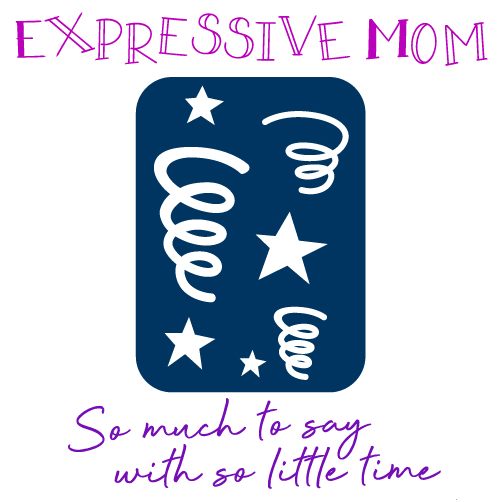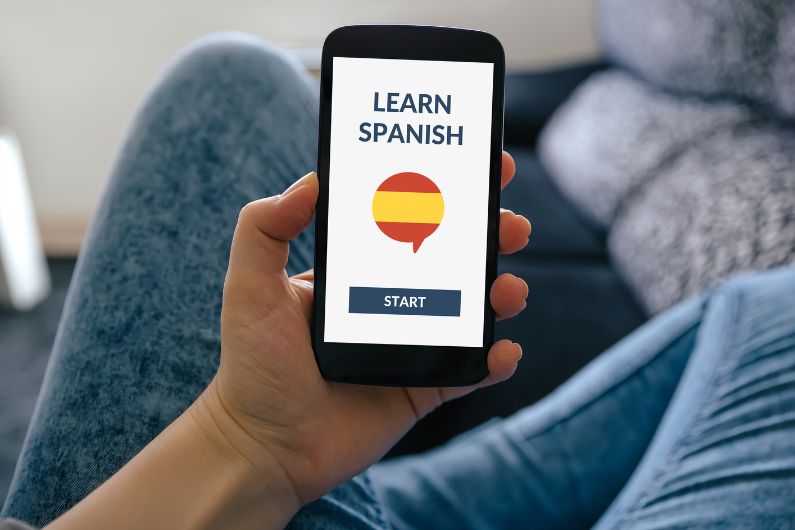If you want to help your kids improve their Spanish-speaking skills, then they need to focus on improving their listening skills. In this post, I’ll walk you through five ways you and your kids can better comprehend spoken Spanish.
Listen, Listen, Listen
While listening to a new language is hard for anyone at first, there are some things you can do to make it easier for your child:
- Try listening with them and pointing out things on the screen. Can you understand the main idea of what’s going on? If not, go back and try again.
- Use recordings that are slow enough for your kid to understand easily. Native speakers may not slow down their speech enough, so finding input sources made for learners is important.
Practice Conversation
When you’re learning a language, the goal is communication. Find a conversation partner for your child early on and keep a practice routine. Have them ask and answer questions or try to complete a task. You can find other learners or native speakers willing to help your child practice their listening skills.
Listen to Spanish Songs
Many learning materials, including CDs and playlists, feature Spanish music to help your child learn. You can listen to the songs at home or in the car. You can also find the Spanish radio station in your area and add it to your presets. Try to have your child read the lyrics to follow along with the song.
Watch Television in Spanish With Subtitles
Watching films and television programs in Spanish with subtitles is a great way to improve your listening skills. The subtitles will help your child better understand, which is important for listening comprehension. Subtitles also allow you to follow along with the conversation while understanding its context and meaning simultaneously.
Spanish Learning Apps
There’s no shortage of apps that can help your child learn Spanish. You can find apps for language learners that have games your kid can play. Apps like Duolingo build on skills and can be great supplements to a Spanish curriculum.
Listening is useful only if they’re doing it in a way that helps their brain learn. It would be best for them to practice hearing how people put words together and how sentences sound out loud. They also need experience with different accents or colloquialisms to be able to comprehend different people.
They don’t have to be a pro at Spanish before they start listening. They can start small and work their way up. If you want them to get really good at this, plenty of resources are out there waiting for you.



Connect With Me !